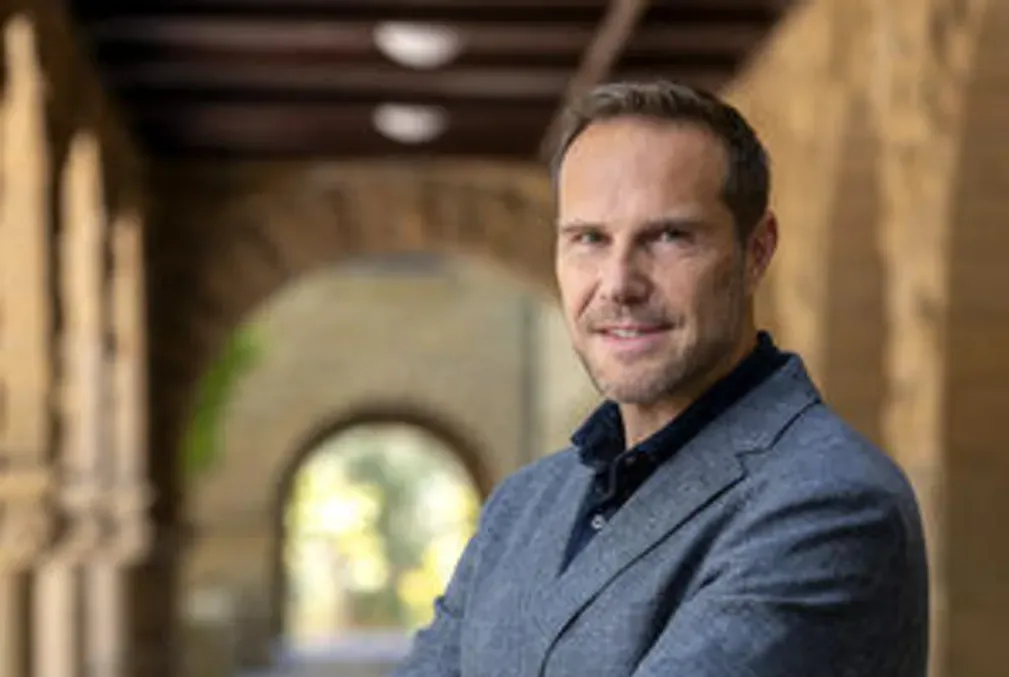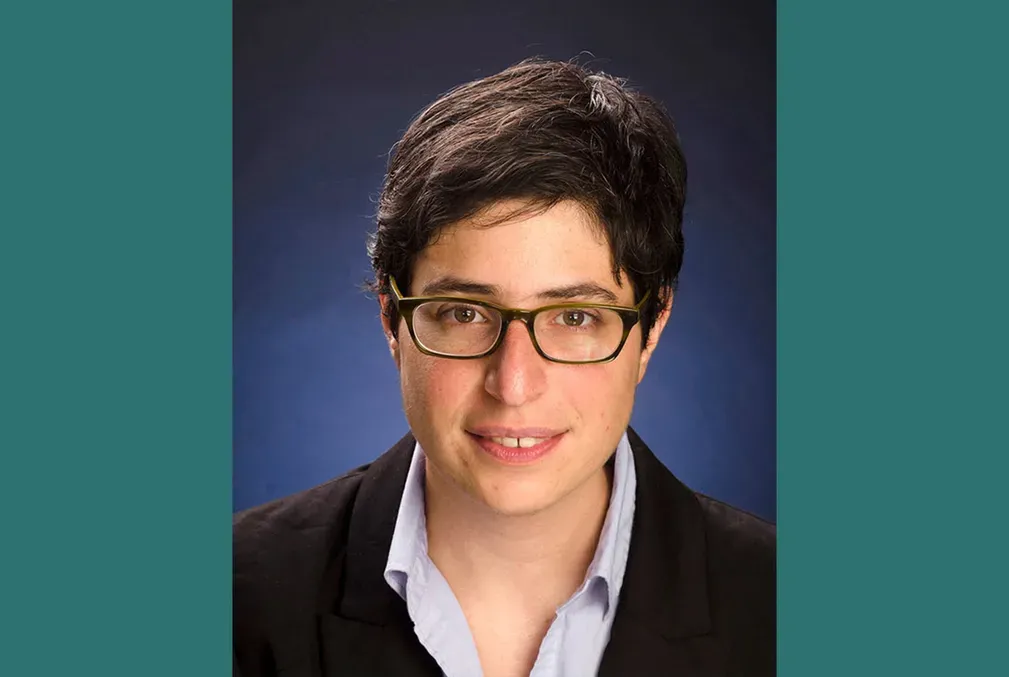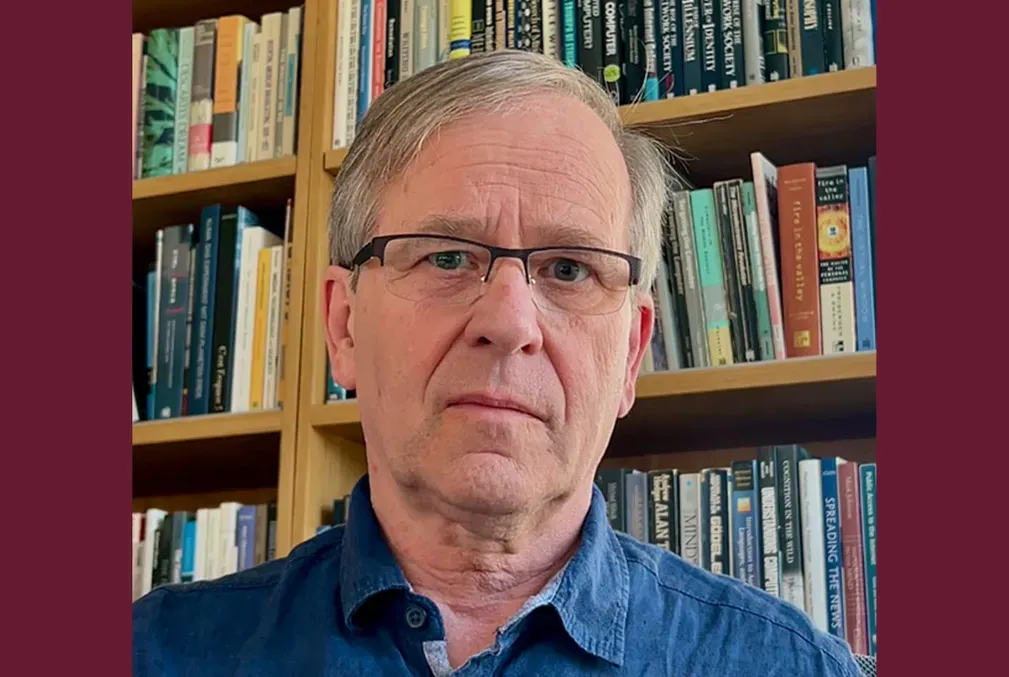Stanford’s Martin Luther King, Jr. Research and Education Institute celebrates the MLK holiday
The MLK Institute looks to “reintroduce” Martin Luther King, Jr. and the ambitious agenda of his later years in a series of events in celebration of Dr. King’s birthday and the national holiday honoring his life.
On April 14, 1967, Reverend Martin Luther King, Jr. visited Stanford University to deliver a speech he called “The Other America.” In the speech, he discussed three societal ills he dubbed the “evil triplets”—racism, poverty, and war. Yet many people are only familiar with Dr. King’s efforts to end racism.
To mark what would have been Dr. King’s 95th birthday on Jan. 15 and the national holiday celebrating his life that same day, the Stanford Martin Luther King, Jr. Research and Education Institute has planned a series of events designed to expand our understanding of MLK.
"The MLK Institute aims to preserve and promote the works and legacy of Dr. King,” said Lerone A. Martin, the Martin Luther King, Jr. Centennial Professor and associate professor of religious studies in the Stanford School of Humanities and Sciences. “That legacy includes efforts to dismantle racism but also poverty and violence.”
The many facets of MLK
Amid the 1960s societal upheaval in the U.S., Dr. King’s commitment to nonviolence and confronting the evil triplets led to his growing criticism of the Vietnam War, where he saw the burdens of combat falling unfairly on the shoulders of America’s poor, especially Black Americans.
In his 1967 Stanford speech, opposing the war in Vietnam, Dr. King warned: “We as a nation must undergo a radical revolution of values. We must rapidly begin the shift from a thing-oriented society to a person-oriented society. When machines and computers, profit motives and property rights, are considered more important than people, the giant triplets of racism, extreme materialism, and militarism are incapable of being conquered.”
“Too often, King is thought of as someone who was only concerned about racism," said Lerone Martin, the faculty director of the MLK Institute. "But I think his focus on the triple evils allows us to see King’s expansive vision of the complex problems that ail our democracy to this day."
Part of that reframing, Lerone Martin said, begins with projects like the King Papers Project, an effort that started in 1985 when King’s widow, Coretta Scott King, asked Stanford historian Clayborne Carson to compile and edit MLK’s speeches, sermons, published and unpublished works, and letters into a chronological series of books. The King Papers provide unprecedented insight into Dr. King’s mindset throughout his life, revealed in the trove of public and personal documents he left behind.
While the popular memory of Dr. King posits that his concern for poverty and violence was a “radical” shift, the King Papers Project has revealed that Dr. King had an enduring concern for the interrelated nature of racism, poverty, and war, dating back to his adolescence.
Lerone Martin’s vision for the future of the MLK Institute includes propelling the King Papers Project through to completion, digitizing these volumes into a searchable database, and opening a new physical presence on Stanford’s Main Quad. He aims to pair these efforts with increased public engagement, academic partnerships, and educational outreach.
Expanding our understanding of Dr. King
Toward those latter goals, Lerone Martin has planned several events this month. On Jan. 8, the MLK Institute welcomes the public to an open house to view an exhibit of rare photos and works of Dr. King. Later that same day, Dr. King’s longtime personal lawyer and adviser will talk with Martin for “An Evening of Living History: A Conversation with Clarence B. Jones.”
Jones, who played a key role in drafting the “I Have a Dream” speech and in the release of the “Letter from Birmingham Jail,” recently published his memoir, Last of the Lions (The University of North Carolina Press, 2023), with co-author Stuart Connelly. At the event and book signing, Jones will discuss his life’s work, including his close relationship with Dr. King and their work together on nonviolence and the Civil Rights Movement.
“We are hosting Jones on what will be his 93rd birthday, Jan. 8," Lerone Martin noted. "At the event, people will hear his firsthand reflections on his experiences with MLK and why Dr. King’s discussion of the evil triplets represented a very different Martin Luther King Jr. from the one to which we have become accustomed.”
On Jan. 17, the MLK Institute and Stanford Medicine will host a daylong “Health Equity Symposium." This event will spotlight health injustices that arise from the evil triplets.
“One aspect of Dr. King’s work that often gets overlooked is his concern about health inequality and access to health care,” Lerone Martin said. “People lose sight of the fact that Dr. King was concerned with what we now call ‘the social determinants of health.’ For example, one of the demands of the March on Washington was a living wage for all Americans, regardless of color—a livable wage that would afford access to quality housing, education, and health care so that people would be able to engage in the pursuit of happiness."
The forum will include panel discussions, workshops, and community building aimed at leveraging Dr. King’s legacy on health equity and Stanford’s efforts to develop solutions to shortcomings in the U.S. health system.
In addition to leading his own panel on health disparities, Lerone Martin will share the stage with Lloyd Minor, the Carl and Elizabeth Naumann Dean of the School of Medicine and vice president for medical affairs at Stanford, and Joyce Sackey, chief equity, diversity and inclusion officer and associate dean at Stanford Medicine. David Williams, the Florence and Laura Norman Professor of Public Health at Harvard University, will deliver the keynote address.
“I hope these events serve as an invitation to learn—to rediscover—Martin Luther King, Jr. and the significance of the holiday in his honor,” Lerone Martin said. “We hope these events reintroduce Dr. King to people and to facets of his life and thinking that they never knew before, particularly his work on violence and health equity."
Acknowledgements:
Carson is the Martin Luther King, Jr. Centennial Professor, Emeritus. Minor is also a professor of otolaryngology, head and neck surgery, professor of neurobiology, and professor of bioengineering, by courtesy. Sackey is also a clinical professor of medicine.




